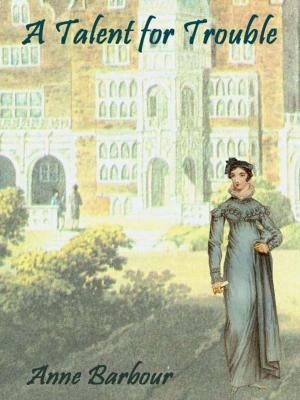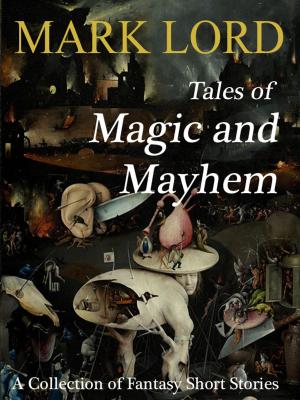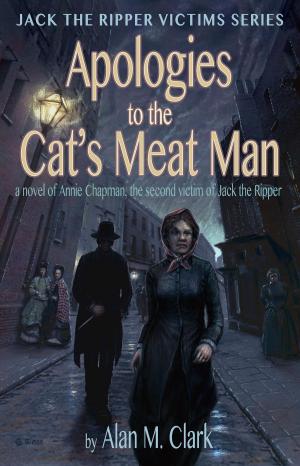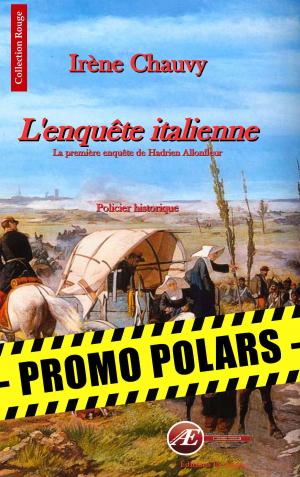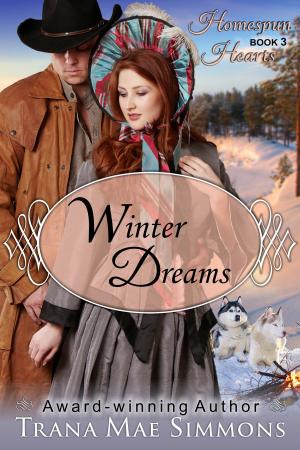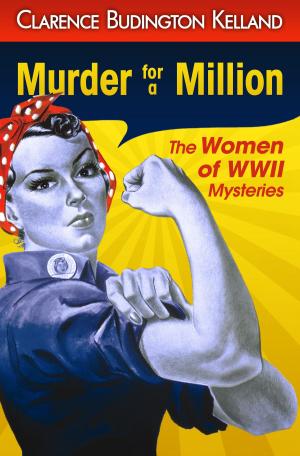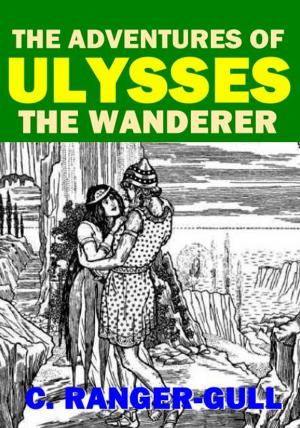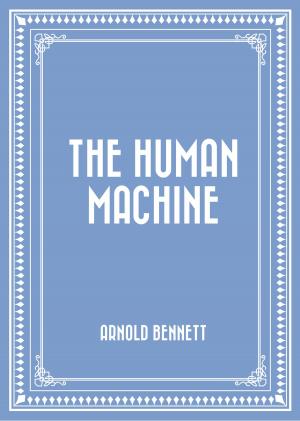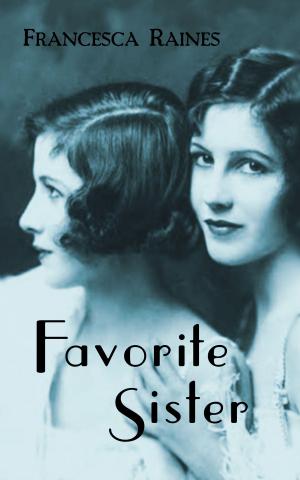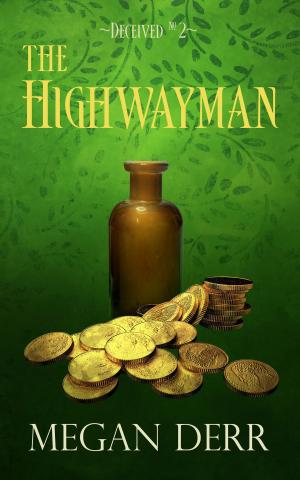| Author: | Allan Kelly | ISBN: | 9781386795506 |
| Publisher: | Robbie Cargill | Publication: | January 3, 2017 |
| Imprint: | Language: | English |
| Author: | Allan Kelly |
| ISBN: | 9781386795506 |
| Publisher: | Robbie Cargill |
| Publication: | January 3, 2017 |
| Imprint: | |
| Language: | English |
A look at life in postwar Glasgow through the eyes of a child growing up in the Garngad. Allan Kelly’s childhood is one of hardship from the very beginning. The day his mother leaves hospital with him, she receives a telegram informing her that her husband has been killed in action.
As well as recounting the story of his family's struggle against poverty, Kelly presents us with an affectionate portrait of the Garngad as he recollects the backcourt singers, street games like moashie, and the candy man.
'He’d shout out really loud, “Who likes candy?”
We would all yell as loud as we could, “Me! Me!”
But instead of throwing us the candy, he would put his hand to his ear
and shout, “I cannie hear ye. Louder now, who likes candy?”
By this time our faces were pure red, our lungs were busting and our
eyes bulging, and we were all screaming, “ME! ME! ME!”
But still he says he cannie hear us.'
*
Although Kelly witnesses fighting and encounters bullies, this isn’t a ‘No Mean City’ depiction of Glasgow, as he describes ‘the good and the bad,’ recalling the kindness of those who would lend a helping hand and the spirit of people in adverse circumstances. Written in a natural Glesga cadence, Boy of the Garngad is a warmly nostalgic and engaging read, which is sure to make you laugh and cry.
A look at life in postwar Glasgow through the eyes of a child growing up in the Garngad. Allan Kelly’s childhood is one of hardship from the very beginning. The day his mother leaves hospital with him, she receives a telegram informing her that her husband has been killed in action.
As well as recounting the story of his family's struggle against poverty, Kelly presents us with an affectionate portrait of the Garngad as he recollects the backcourt singers, street games like moashie, and the candy man.
'He’d shout out really loud, “Who likes candy?”
We would all yell as loud as we could, “Me! Me!”
But instead of throwing us the candy, he would put his hand to his ear
and shout, “I cannie hear ye. Louder now, who likes candy?”
By this time our faces were pure red, our lungs were busting and our
eyes bulging, and we were all screaming, “ME! ME! ME!”
But still he says he cannie hear us.'
*
Although Kelly witnesses fighting and encounters bullies, this isn’t a ‘No Mean City’ depiction of Glasgow, as he describes ‘the good and the bad,’ recalling the kindness of those who would lend a helping hand and the spirit of people in adverse circumstances. Written in a natural Glesga cadence, Boy of the Garngad is a warmly nostalgic and engaging read, which is sure to make you laugh and cry.

